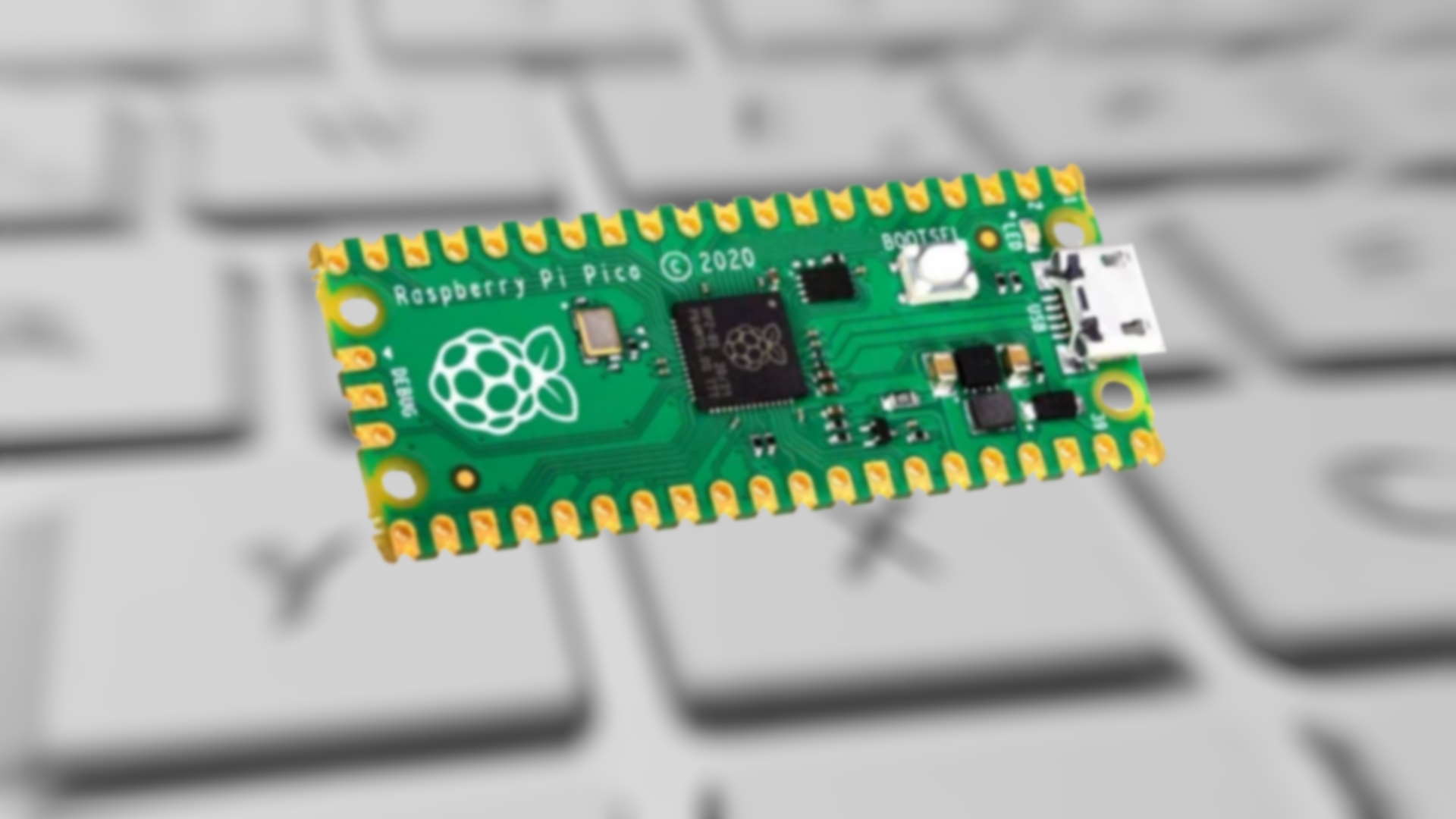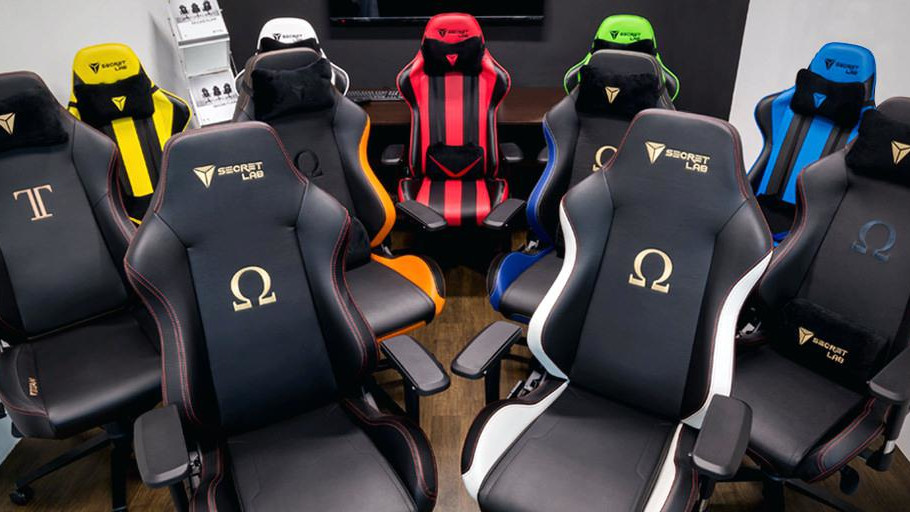This keyboard is so small it doesn't have a spacebar... how the hell do I jump?
Moreover, how do I even type?

You've heard of a 60% keyboard, and even a 40% keyboard, but this PiPi Gherkin mechanical keyboard—powered by the itty bitty Raspberry Pi Pico—is really pushing it. Being a full time writer, any less than the full 104 keys is a challenge for me; this keyboard has just 30.

Best chair for gaming: the top gaming chairs around
Best gaming desk: the ultimate PC podiums
Best PC controller: sit back, relax, and get your game on
How anyone can use a 30% keyboard is just beyond me.
Each key is full size, which at least gives it some semblance of utility, but without a backspace, return key, or even a dedicated spacebar, this little thing would terrify even the most veteran small-form typist.
Hackaday writer, Donald Papp, urges us not to be disheartened by the sparsity of keys, though, saying: "It has more functionality than it would seem to at first glance." Rather than using a function key combo, the bottom row has "dual function tap/hold keys," meaning technically there is a spacebar—according to some helpful commenters it's mapped to the right arrow key for some reason.
Of course, the whole thing is fully re-mappable. With the use of 'layer states,' changing the 'default layer' means it's possible to switch between Dvorak, Colemak or Workman layouts quite readily. And by programming individual layer states you can "overlay the base layer with other functions," according to the github explainer at least.
There are certainly less useful keyboards out there, but I'm still not convinced I could get any work done with the PiPi Gherkin. Though as Papp notes, "For some applications, smaller is better."
You keep telling yourself that, bud.
Keep up to date with the most important stories and the best deals, as picked by the PC Gamer team.

Screw sports, Katie would rather watch Intel, AMD and Nvidia go at it. Having been obsessed with computers and graphics for three long decades, she took Game Art and Design up to Masters level at uni, and has been rambling about games, tech and science—rather sarcastically—for four years since. She can be found admiring technological advancements, scrambling for scintillating Raspberry Pi projects, preaching cybersecurity awareness, sighing over semiconductors, and gawping at the latest GPU upgrades. Right now she's waiting patiently for her chance to upload her consciousness into the cloud.

